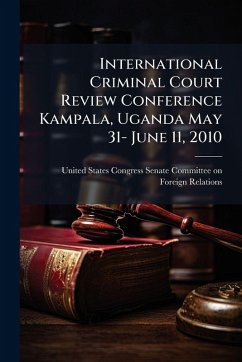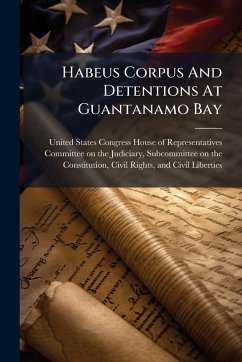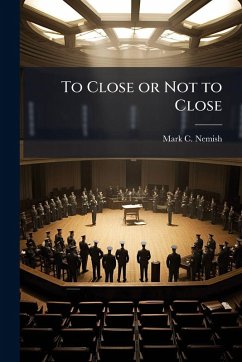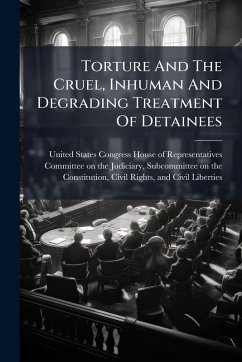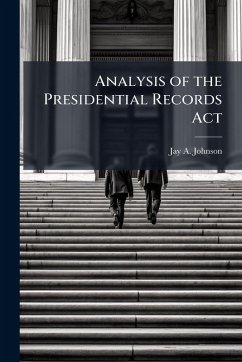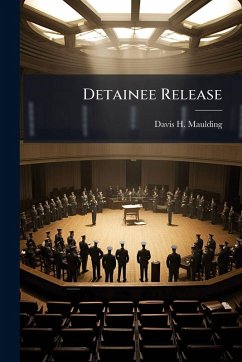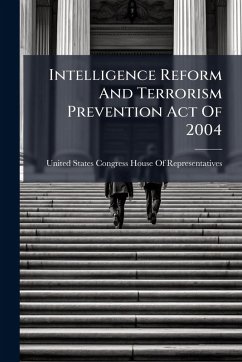
Practicing What We Preach on Human Rights
Is Guantanamo Bay the Best Sermon?
Versandkostenfrei!
Versandfertig in über 4 Wochen
14,99 €
inkl. MwSt.

PAYBACK Punkte
7 °P sammeln!
This paper answers the question of whether the United States is hypocritical in its criticism of other countries human rights records in light of its own treatment of detainees in the global war on terror (GWOT). It first offers a brief overview of the role human rights played in the formation of American's government and how it continues to be an important influence on U.S. policy today. It next examines criticisms of America's treatment of detainees in the GWOT and then provides examples where the U.S. government has criticized other governments for conduct similar to its own in that campaig...
This paper answers the question of whether the United States is hypocritical in its criticism of other countries human rights records in light of its own treatment of detainees in the global war on terror (GWOT). It first offers a brief overview of the role human rights played in the formation of American's government and how it continues to be an important influence on U.S. policy today. It next examines criticisms of America's treatment of detainees in the GWOT and then provides examples where the U.S. government has criticized other governments for conduct similar to its own in that campaign. The paper concludes by analyzing the ethical aspect of America's actions using morale theory to determine whether the U.S. has been hypocritical and briefly discusses potential consequences of hypocritical behavior, within the context of the GWOT as well as on a broader scale. Ultimately the paper reaches the conclusion that the U.S. has been hypocritical and that its hypocrisy could undermine its efforts in the GWOT. This work has been selected by scholars as being culturally important, and is part of the knowledge base of civilization as we know it. This work was reproduced from the original artifact, and remains as true to the original work as possible. Therefore, you will see the original copyright references, library stamps (as most of these works have been housed in our most important libraries around the world), and other notations in the work. This work is in the public domain in the United States of America, and possibly other nations. Within the United States, you may freely copy and distribute this work, as no entity (individual or corporate) has a copyright on the body of the work. As a reproduction of a historical artifact, this work may contain missing or blurred pages, poor pictures, errant marks, etc. Scholars believe, and we concur, that this work is important enough to be preserved, reproduced, and made generally available to the public. We appreciate your support of the preservation process, and thank you for being an important part of keeping this knowledge alive and relevant.




